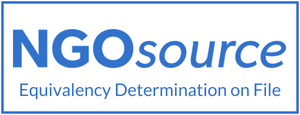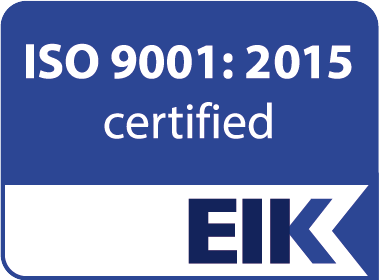The UN Human Rights Council’s Universal Periodic Review Working Group (UPR) will examine Libya’s human rights record on November 11, 2020.
The UPR is a unique process which involves a thorough examination of the human rights records of all UN Member States. It will be the third time that Libya is under review; the first and second UPR took place in November 2010 and May 2015 respectively.
The 3rd review
Prior to the 3rd review, a coalition of Libyan partners who are a part Cordaid’s Women and Youth as Bridge Builders programme, funded by the Dutch Ministry of Foreign Affairs, has written and published a stakeholder report. In this document, they assess the current human rights situation in Libya and provide recommendations on how to fulfil their human rights.
The report focusses mainly on human rights violations against women, minority groups and human rights defenders and activists.
-> Read a summary of the report
The actual review of Libya’s human rights record will be based upon this stakeholder report and several other documents, such as information provided by the Libyan State, research of independent human rights experts and UN entities, and other stakeholder reports submitted by civil society organisations and Human Rights Institutions.
Actions to improve human rights situations
The UPR Working Group provides the opportunity for Libya to declare the actions they have taken to improve the human rights situations in their country since the 1st and 2nd cycle of reviews. The 3rd review also gives space to other UN Member States to pose questions and comments and/or make recommendations to the State under review on how to fulfil their human rights obligations.
Afterwards, the Office of the United Nations High Commissioner for Human Rights will provide a summary of all the recommendations made and in the subsequent years, Libya will have the primary responsibility to implement these recommendations.
-> Watch the session live on UN WebTV
Do you want to read more about Libya and our ‘Woman and Youth as Bridge Builders’ programme?
-> Read an interview with Libyan activist Asma Khalifa, co-founder of Tamazight Women Movement and main partner of the ‘Women and Youth as Bridge Builders’




